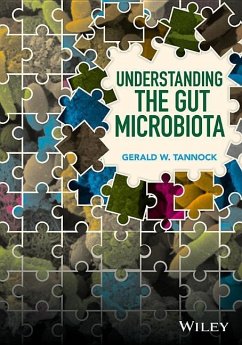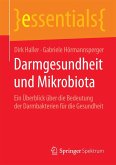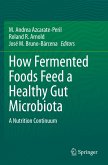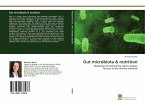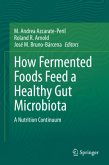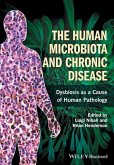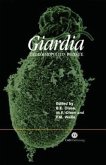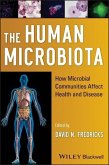This book discusses the community of microbial species (the microbiota, microbiome), which inhabits the large bowel of humans. Written from the perspective of an academic who has been familiar with the topic for 40 years, it provides a long-term perspective of knowledge about this high profile and fast-moving topic. Building on general ecological principles, the book aims to help the reader to understand how the microbiota is formed, how it works, and what the consequences are to humans. Understanding the Gut Microbiota focuses on conceptual progress made from studies of the human bowel microbiota. Where appropriate, it draws on knowledge obtained from other animal species to provide conceptual enlightenment, but this is essentially a book about humans and their bowel microbes. Particular research approaches are recommended to fill knowledge gaps so that fundamental ecological theory and information about the microbiota can be translated into benefits for human health. The relationship between food for humans and resulting food for bowel bacteria emerges as an important topic for consideration. This concise scholarly treatise of the microbiota of the human bowel will be of great interest and use as a text and reference work for professionals, teachers and students across a wide range of disciplines, including the health sciences, general biology, and food science and technology. The provision of handy 'explanation of terms' means that those with a general interest in science can also read the book with enjoyment. About the Author Gerald W. Tannock, Department of Microbiology and Immunology, University of Otago, Dunedin, New Zealand
Hinweis: Dieser Artikel kann nur an eine deutsche Lieferadresse ausgeliefert werden.
Hinweis: Dieser Artikel kann nur an eine deutsche Lieferadresse ausgeliefert werden.

